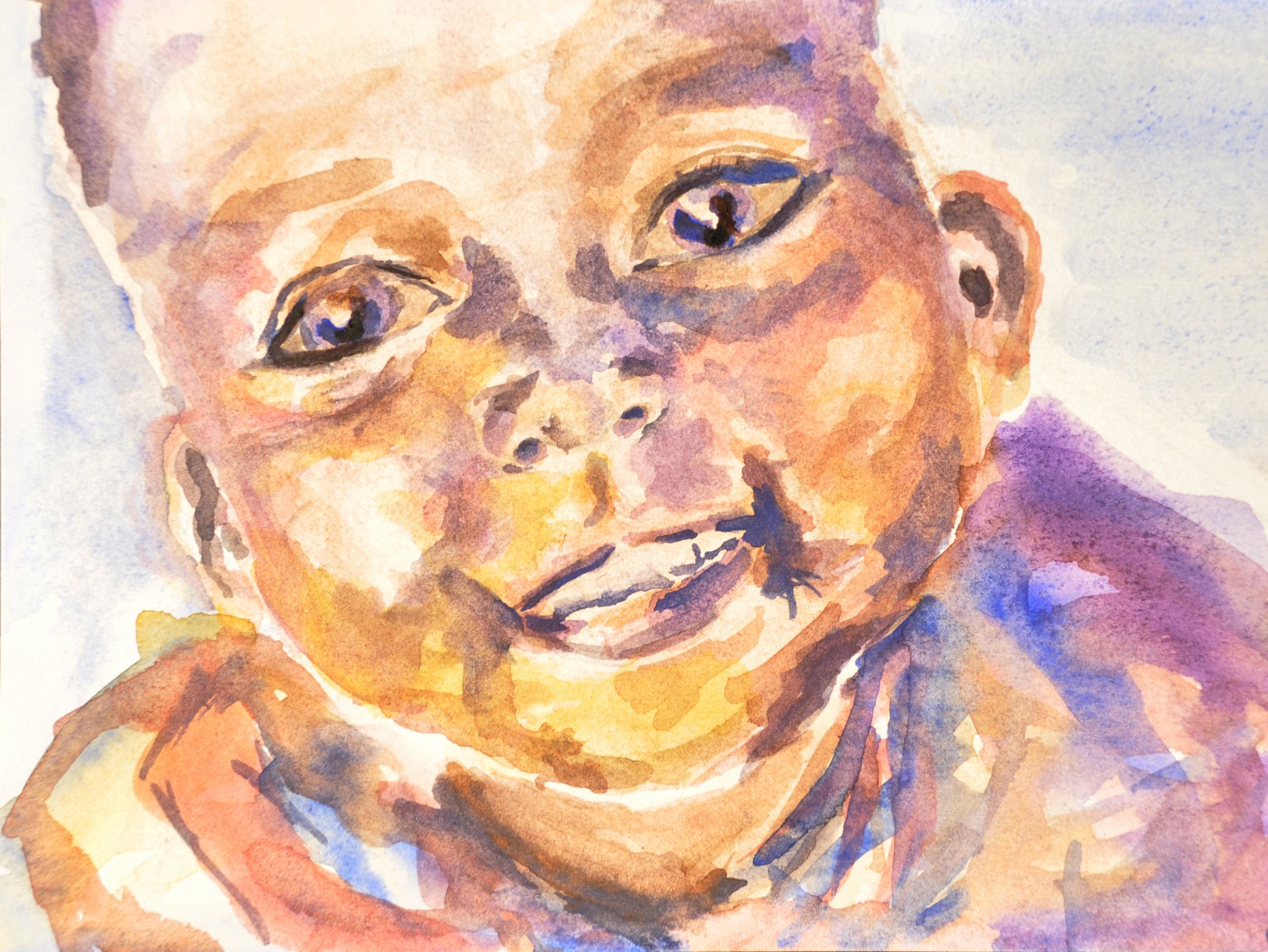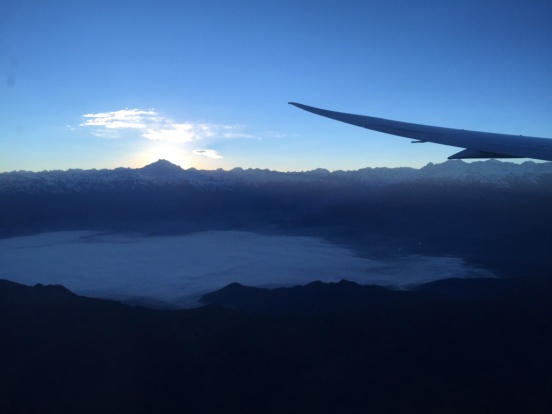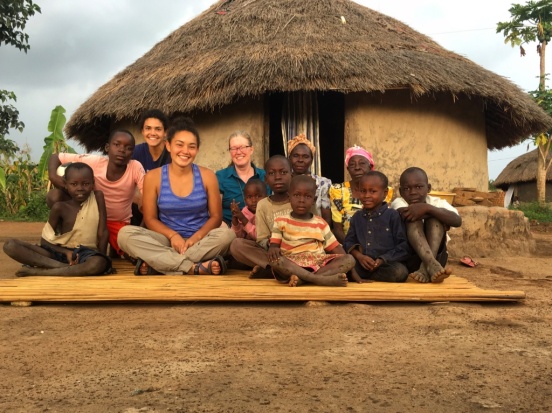While some weekends we have events or excursions, the weekends we don’t I hop on some sort of transport and travel somewhere where there is open space or something new to discover. My host parents told me of a mountain called La Campana not far from Valparaíso that lies between the ocean and the Andes. So one weekend some of my friends and I woke up early and bus hopped our way to La Campana. It was beautiful, but since it was still the end of winter the summit was closed off due to ice. So a few weeks later when one of my friend’s host brother said he was going with some friends I went along again. This time the summit was open so we could climb all the way up. The first time I hiked up La Campana there was a thick fog covering the valley. This was actually pretty cool because as you hiked you looked out through the trees and had no idea what was beyond; you felt like you were hiking through a cloud. But the second time we hiked there was no blanket of fog and so everything seemed new and different. When the thick layer of trees opened up for a moment you saw the valley laid out in front of you, rolling hills and distant towns, small cars winding along roads and birds gliding through the air. Second time round we made it up to the middle point, where we had stopped and turned around the first time, in about a third of the time. We flew up the mountain; I thought it was a tame mountain assent given my knowledge of what we had done the time before. I figured once we passed the midpoint we would just have a short couple switchbacks up to the summit. So once we had finished eating at the midpoint and headed up I was pretty surprised to find that slowly the trail became steeper and steeper. I had heard it was like bouldering near the summit, but I guess I hadn’t thought much of it. But surely enough after we left the tree line we had rock cliffs and steep rock fields to ascend. We would turn a corner and lose the trail, only spying a red flag somewhere across a nearly vertical field of boulders and stones. So we would make our way hand over foot pulling ourselves up over the rocks, clinging to the side of the mountains. And it was absolutely amazing. You heart was racing either because you were panting climbing up the mountain, or because you looked to your side and saw the mountain fall away into the valley below. Either way it was quite the feeling having to command both your mind and your burning muscles to keep climbing. This feeling of amazement and power is amplified by the fact that all around you are views of the mountain range and valley. It’s breath taking even though your working hard enough you don’t have any breath to spare gawking at it. Nonetheless I did my fair share of gawking and “is this real life?” There was no doubt a huge grin across my face the whole climb, which very well caused a few odd looks. Then as I thought it couldn’t get much more beautiful, or that if we didn’t reach the summit soon my arms might give way next time I had to pull myself up over a boulder, we came up to a ledge. All of a sudden it wasn’t tree covered hills and a valley I was seeing laid out below me, now I was staring up completely in awe because for as high up as I felt I had climbed, there stood the Andes towering above me, snow capped and incredible.
I grew up climbing around in the Pacific Northwest, skiing on Mt. Bachelor and backpacking in the Three Sisters, but I hadn’t ever felt quite so taken aback by a mountain range like this before. It was like Mt. Bachelor, the Three Sisters, Mt. Jefferson and Mt. Hood were lined up and replicated to make a mountain range that stretched for as far as I could see in both directions. My arms didn’t feel so weak anymore, which was good because I still had a good climb left before the top. But it was a climb interrupted with views of outstanding mountains and you couldn’t help but feel their power and energy. Then reaching the summit, I stood wobbly legged and out of breath on the edge of a rock overlooking what I had just climbed and the satisfaction of completing that, pushing my body to do something I hadn’t done before combined with the view was euphoric. The Andes didn’t just stretch in two directions, I was at such a height that the curve of the earth made the Andes stretch in a partial circle around me. On the other side of me the view of the Pacific Ocean completed the circle so that I was entirely surrounded in mountains and ocean. At the summit my friend and I had found the perfect rock where we could lay, our head propped up by another rock and face the Andes. And laying there eating the remains of our lunch I couldn’t help but feel that same awe I felt flying over the Andes, the power of the mountains that is reflected in the people that live in their shadow. Because when living in the presence of such mountains, how could you not help but feel pumped full of purpose and power.
Proof:

























































































